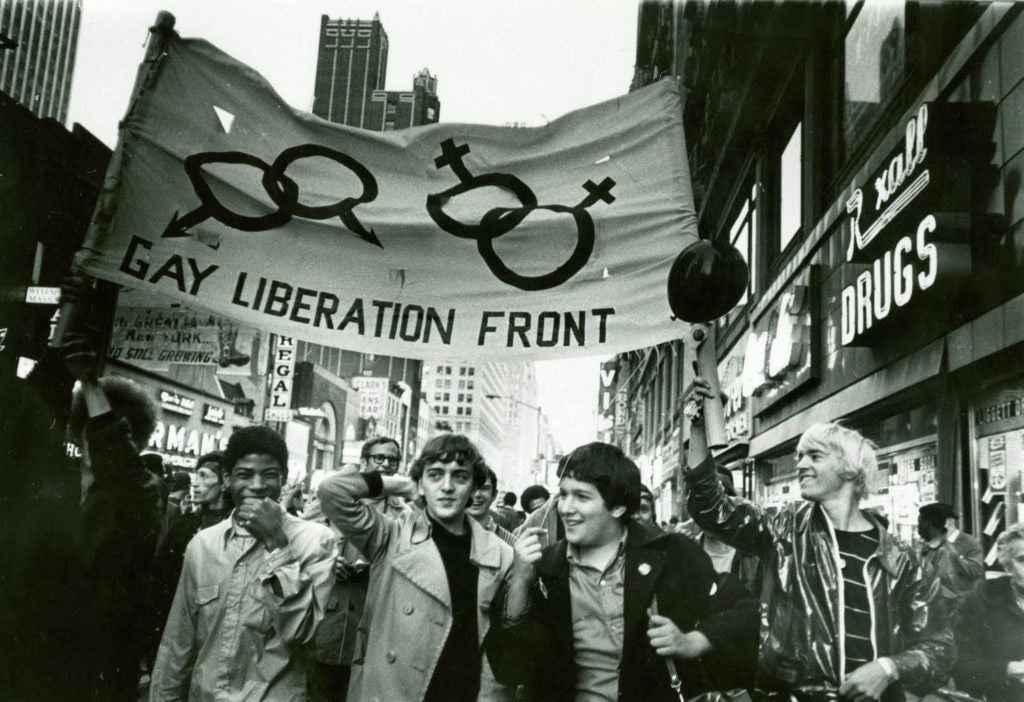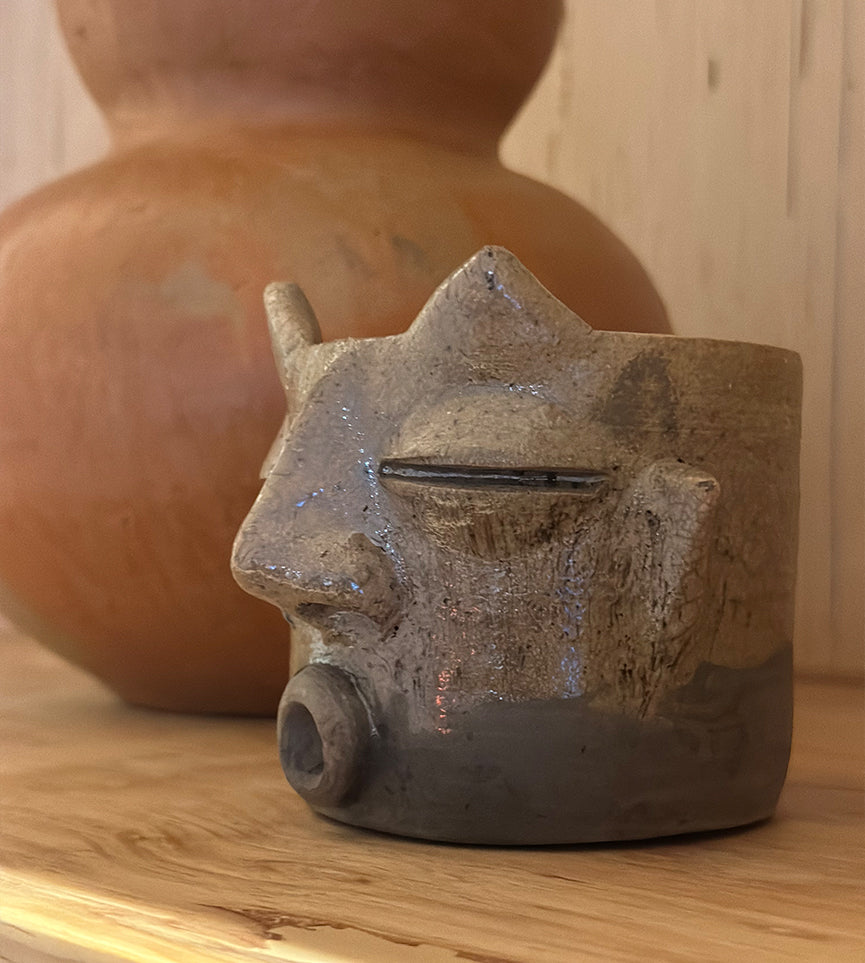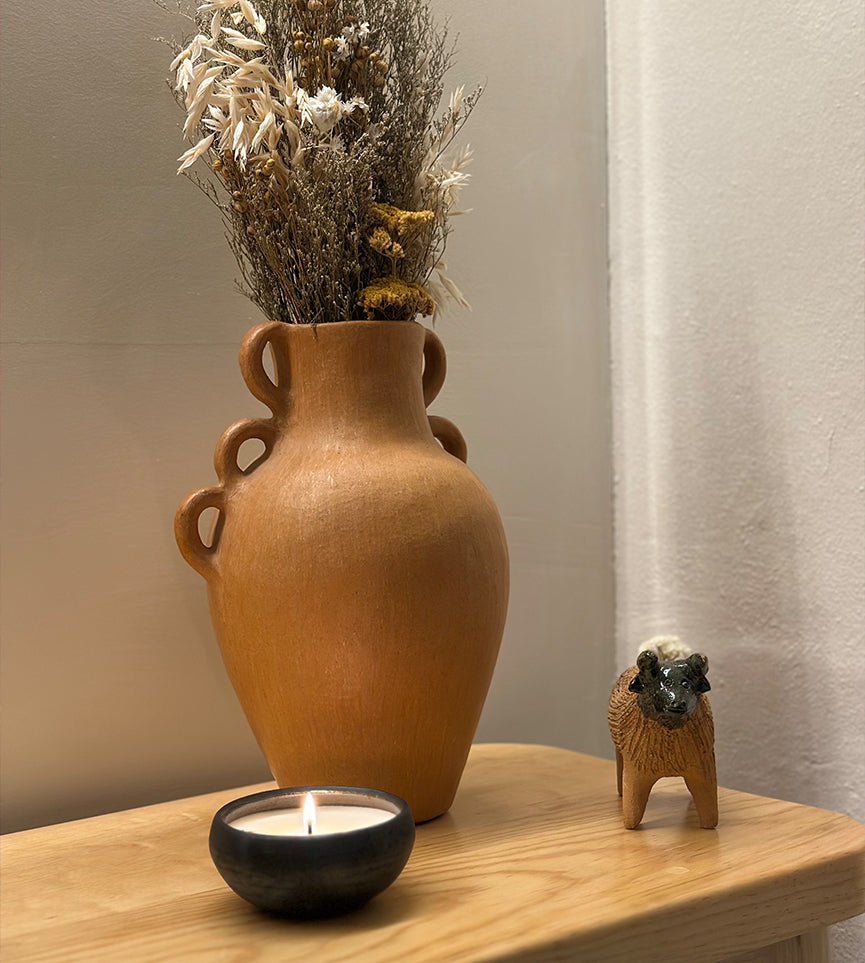
At the end of June 1969, New York City was rocked by demonstrations never seen before on its streets.
At that time, being gay in the United States meant discrimination, same-sex relationships were illegal, meeting between gays was considered immoral and seen as a call to disorder, and homosexuality was perceived as a disease.


